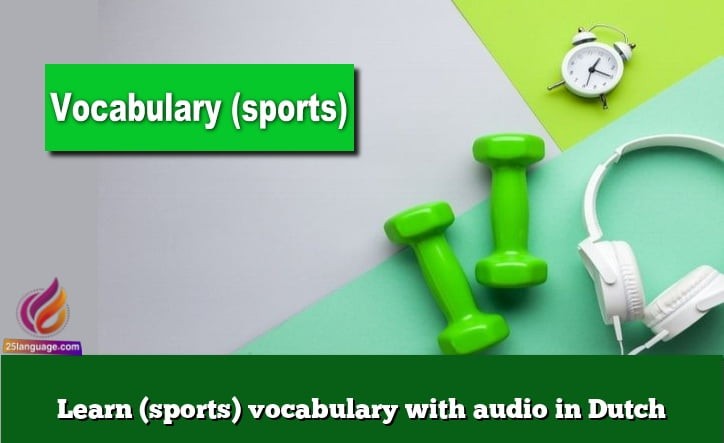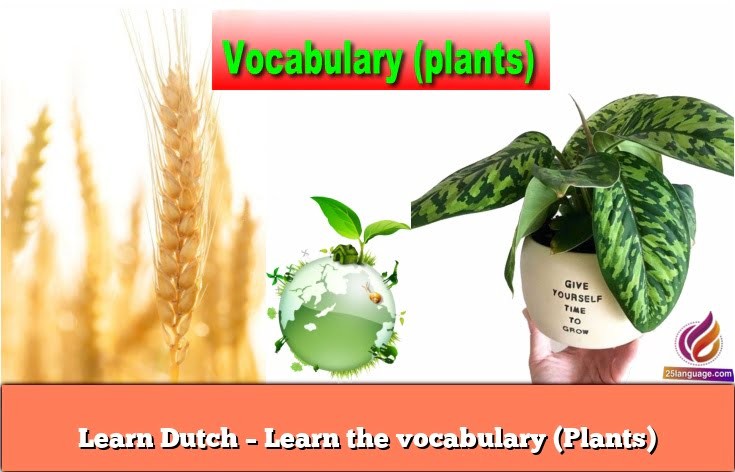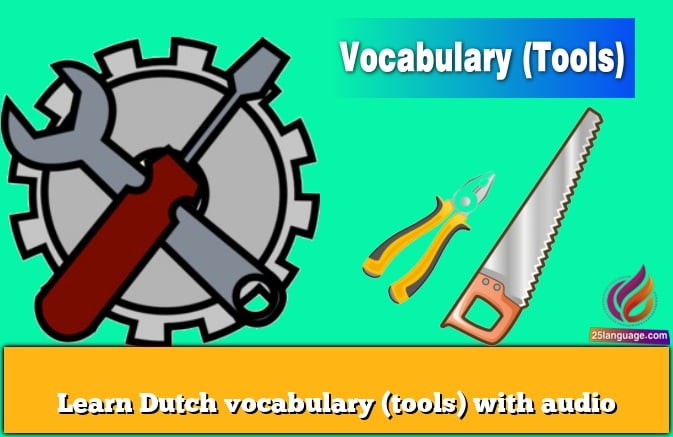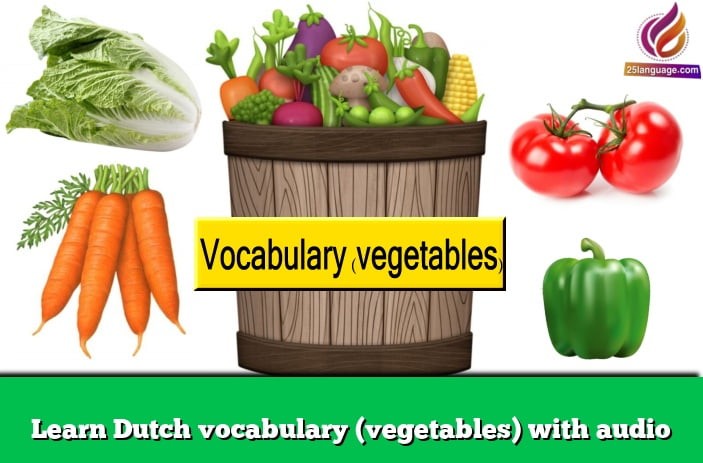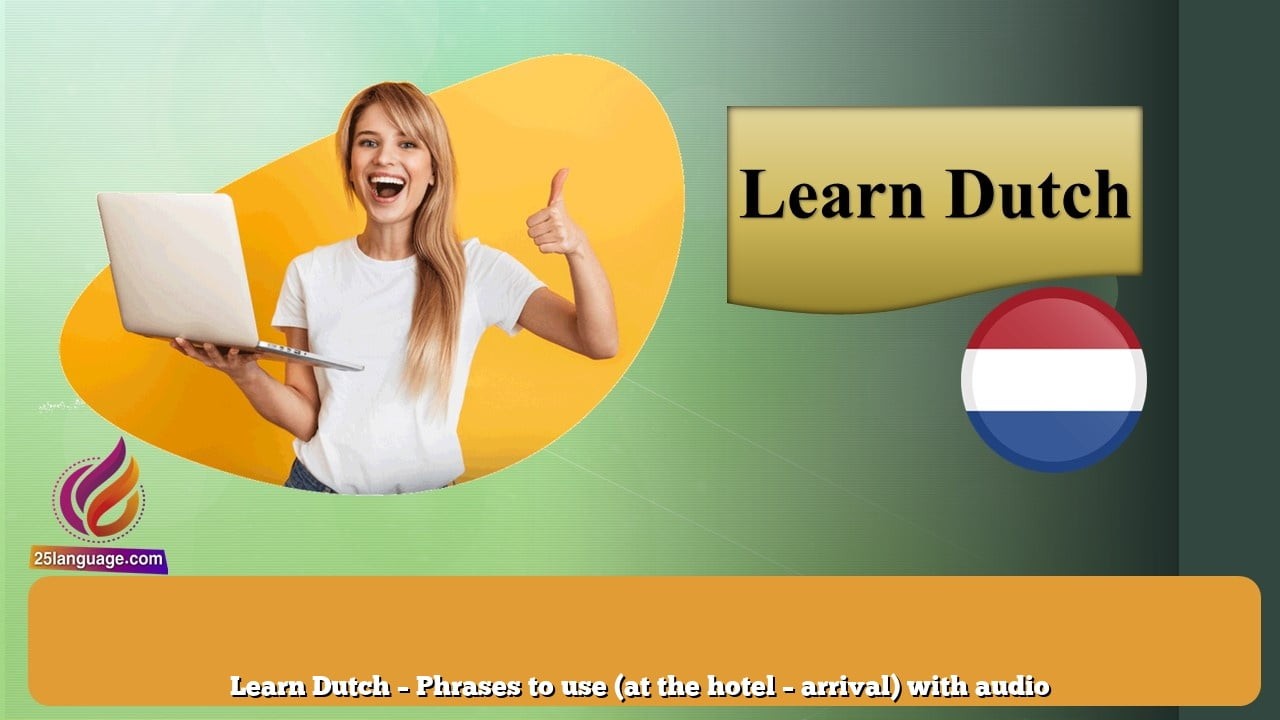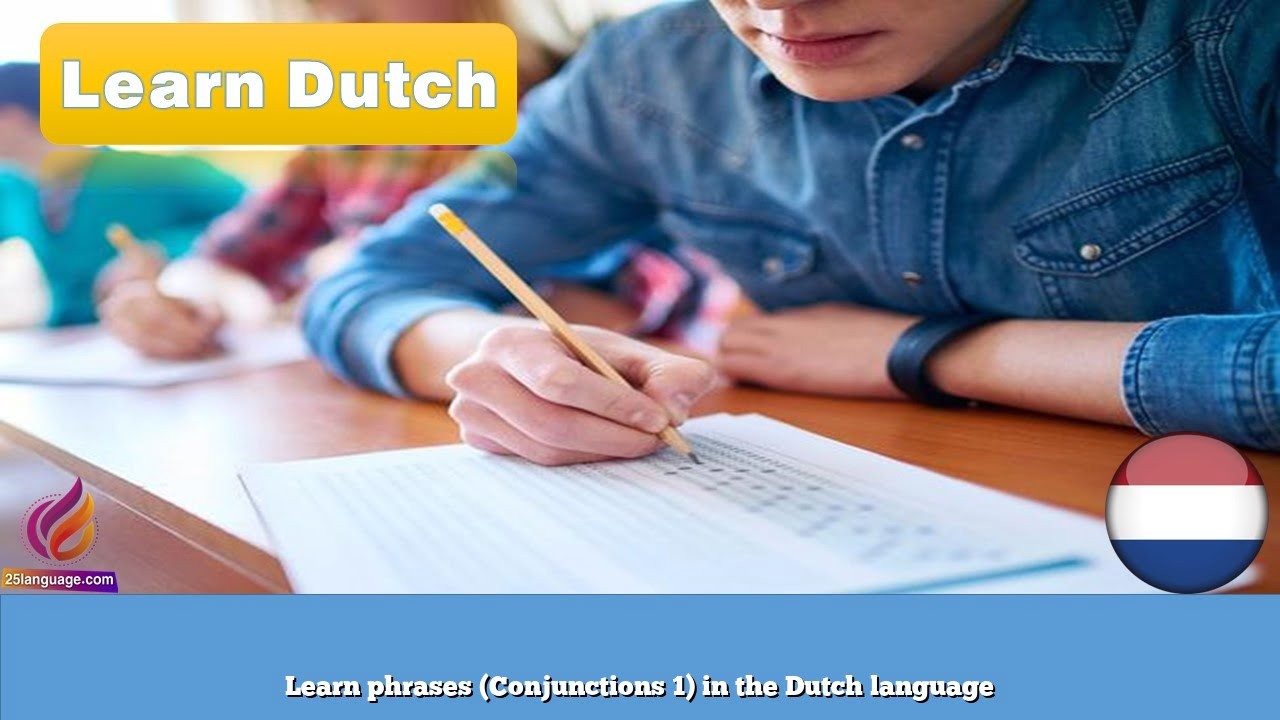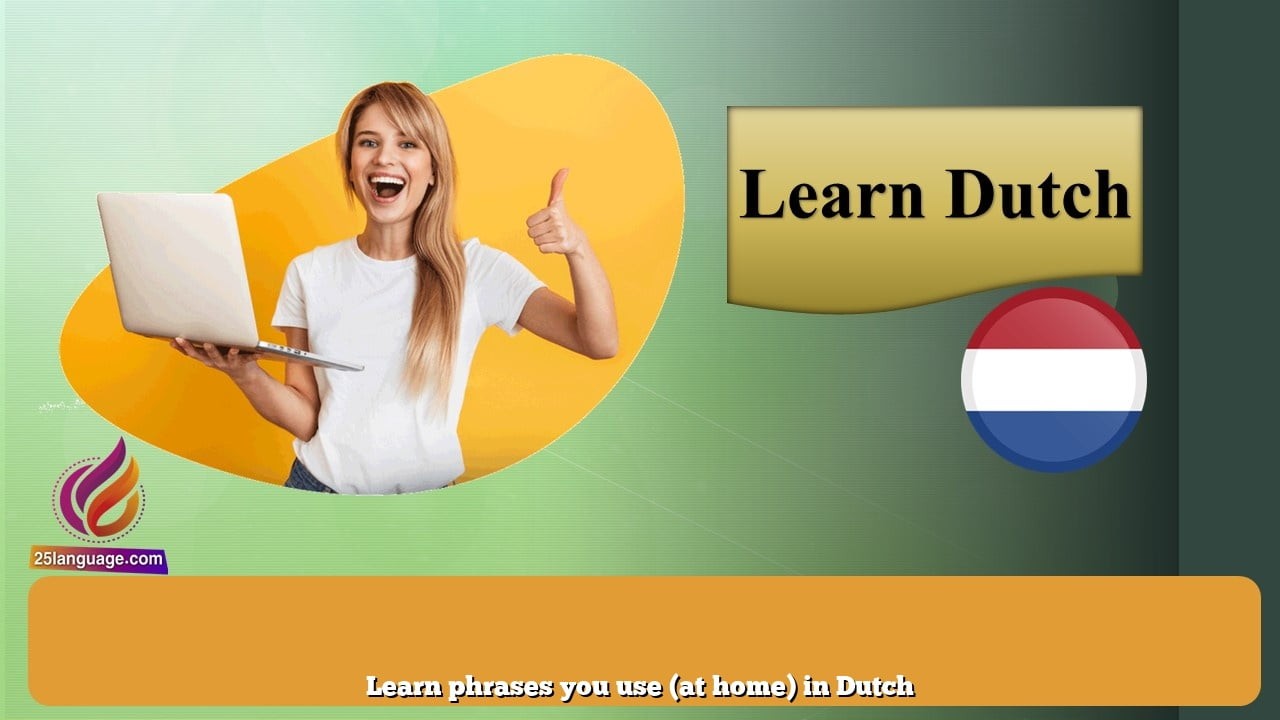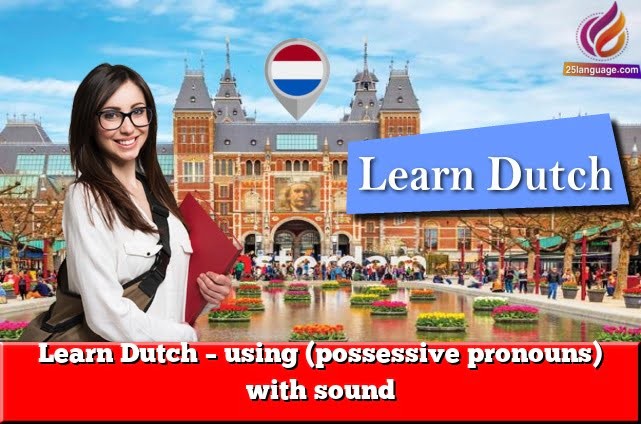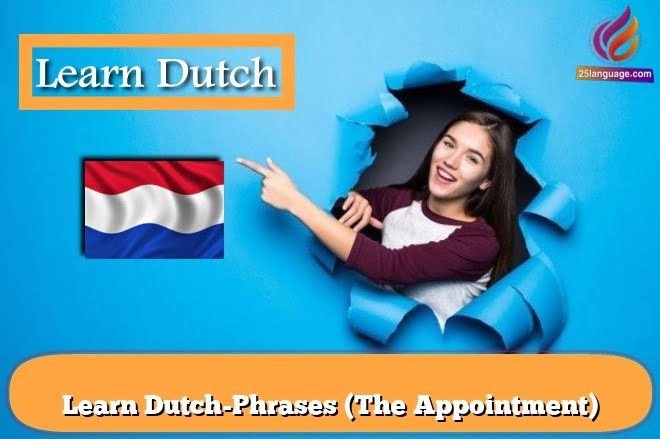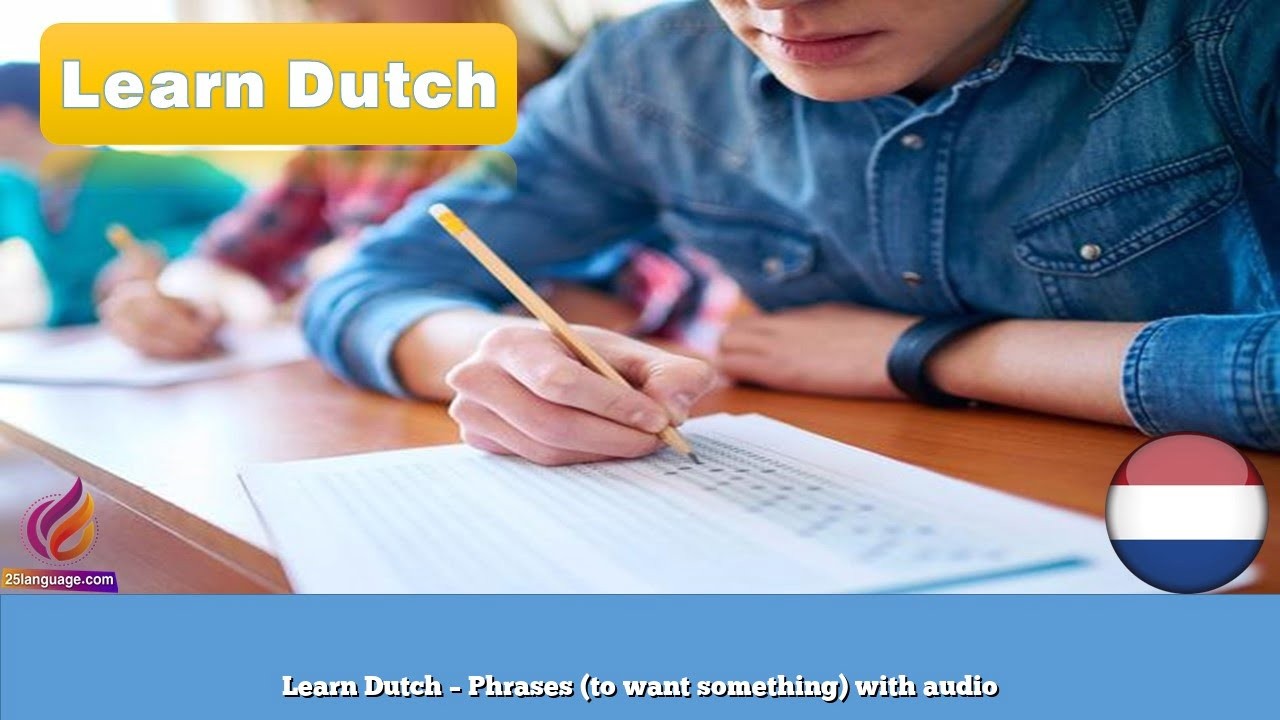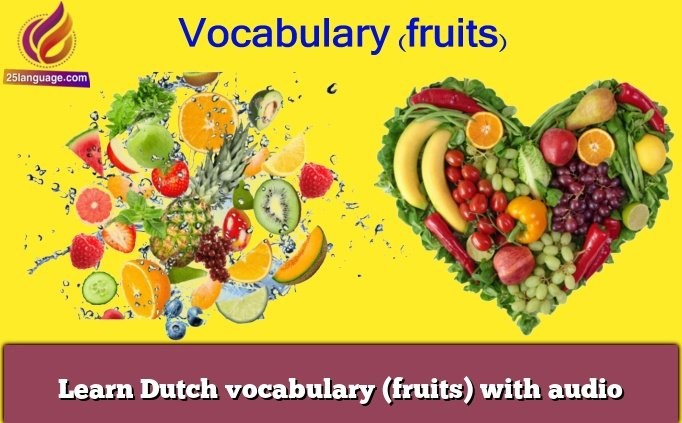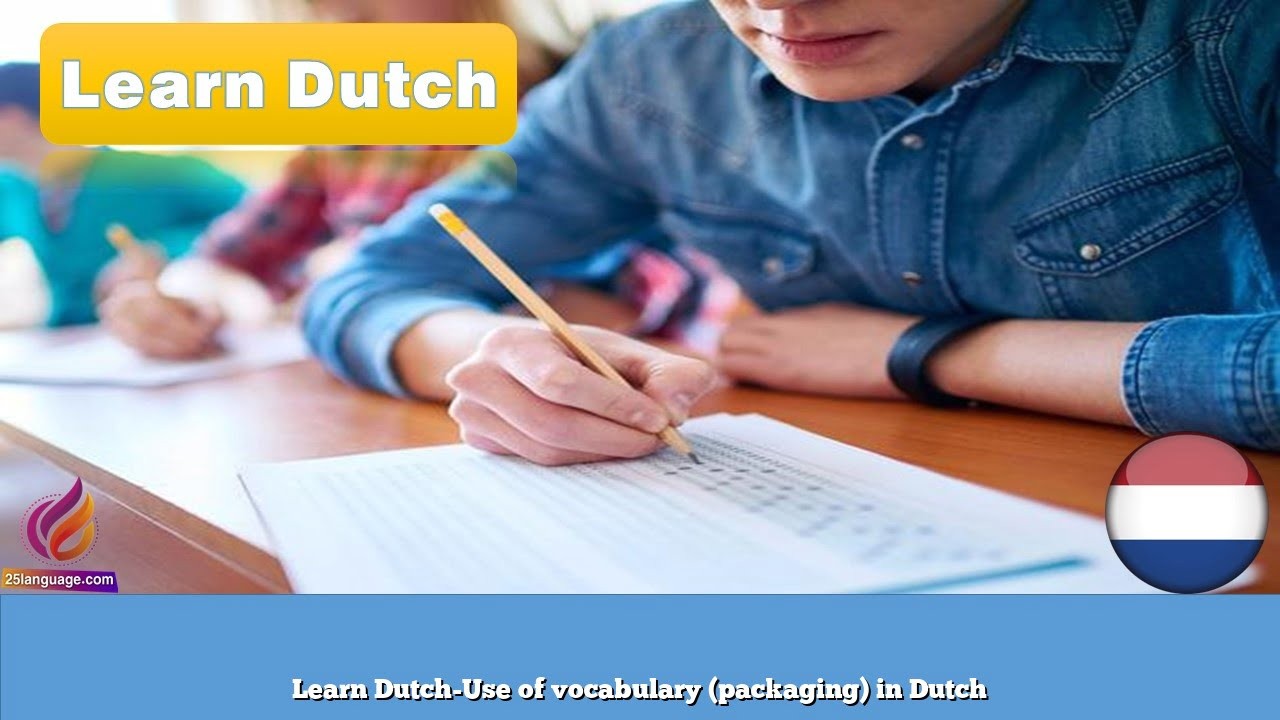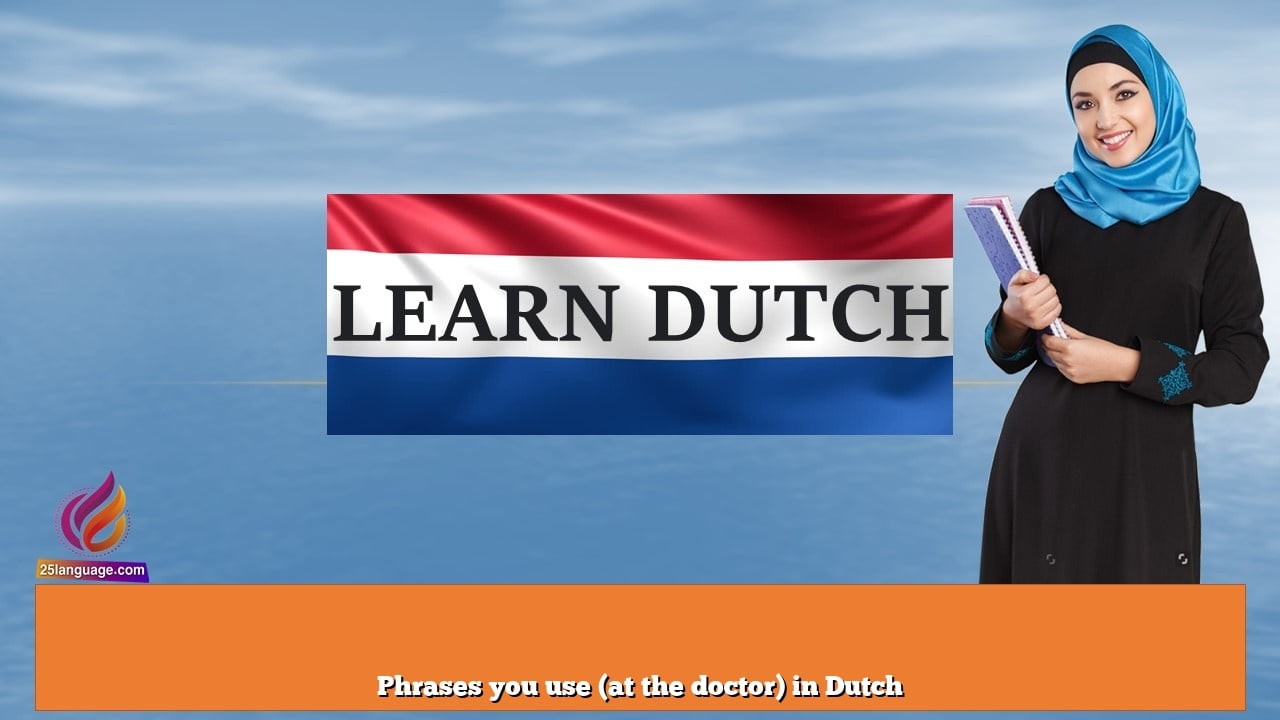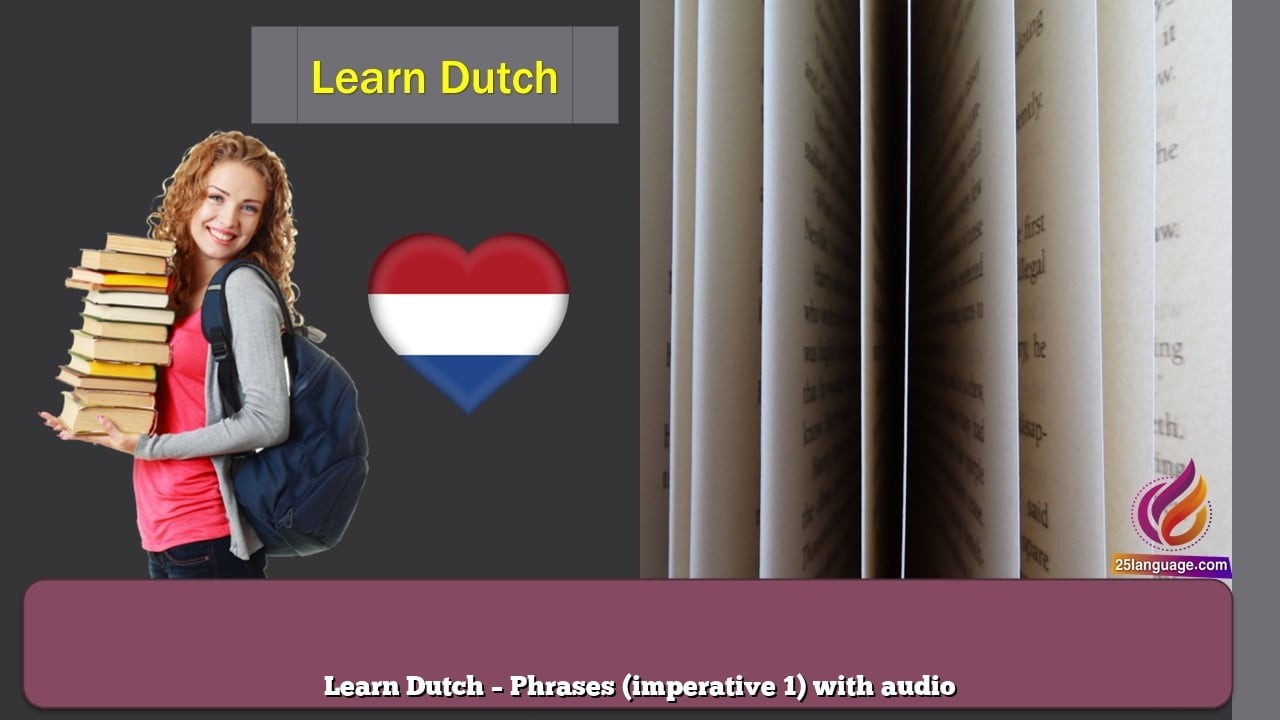Past tense of modal verbs in Dutch
Learn Dutch phrases (Past tense of modal verbs 1)
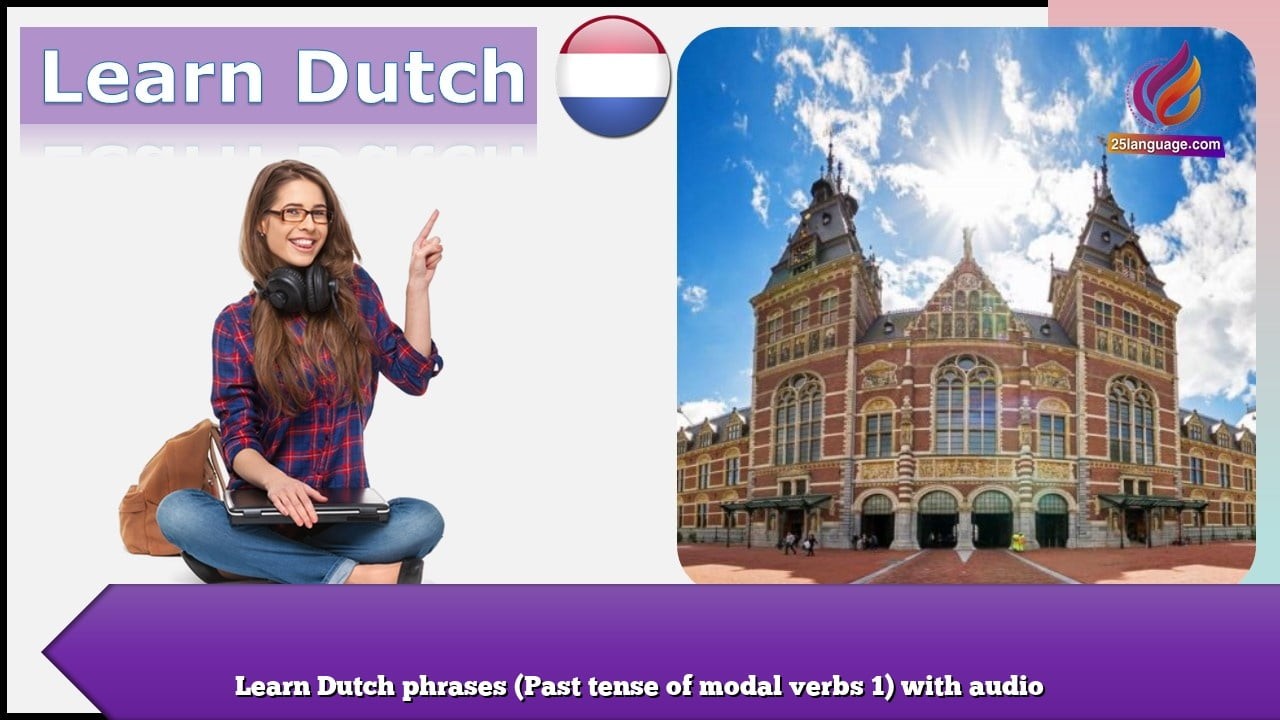
Learning the past tense of modal verbs in Dutch is important for several reasons:
- Expressing past actions: Modal verbs are commonly used to express possibility, ability, permission, and obligation in the present tense. However, they are also used to express past actions or events, so learning the past tense of modal verbs is essential for expressing what happened in the past.
- Communicating effectively: Knowing how to use the past tense of modal verbs can help you to communicate more effectively in Dutch. It will allow you to construct more complex sentences and express yourself more clearly and accurately.
Here are 20 examples of past tense modal verbs in Dutch:
- Ik kon gisteren niet naar de film gaan. (I couldn’t go to the movie yesterday.)
- Hij wilde niet met ons praten. (He didn’t want to talk with us.)
- Zij mochten niet te laat thuiskomen. (They weren’t allowed to come home too late.)
- Wij moesten vroeg opstaan vanochtend. (We had to wake up early this morning.)
- Zij kon niet geloven wat er gebeurde. (She couldn’t believe what happened.)
- Hij wilde graag een kopje koffie drinken. (He wanted to drink a cup of coffee.)
- Zij mochten niet roken in het gebouw. (They weren’t allowed to smoke in the building.)
- Wij moesten hard werken om de deadline te halen. (We had to work hard to meet the deadline.)
- Hij kon niet stoppen met lachen. (He couldn’t stop laughing.)
- Zij wilden niet naar huis gaan. (They didn’t want to go home.)
- Ik mocht niet naar het feestje komen. (I wasn’t allowed to come to the party.)
- Hij kon zich niet herinneren waar hij zijn sleutels had gelaten. (He couldn’t remember where he had left his keys.)
- Zij wilden graag naar de film gaan. (They wanted to go to the movie.)
- Wij moesten ons haasten om op tijd te zijn. (We had to hurry to be on time.)
- Hij kon niet wachten om zijn cadeau uit te pakken. (He couldn’t wait to unwrap his present.)
- Zij wilden niet met ons mee naar het concert. (They didn’t want to come with us to the concert.)
- Wij moesten ons concentreren om de opdracht af te maken. (We had to concentrate to finish the assignment.)
- Hij kon niet geloven dat hij de wedstrijd had gewonnen. (He couldn’t believe he had won the game.)
- Zij moesten hun vlucht annuleren vanwege het slechte weer. (They had to cancel their flight because of the bad weather.)
- Wij wilden graag op vakantie gaan, maar we hadden geen geld. (We wanted to go on vacation, but we didn’t have any money.)

